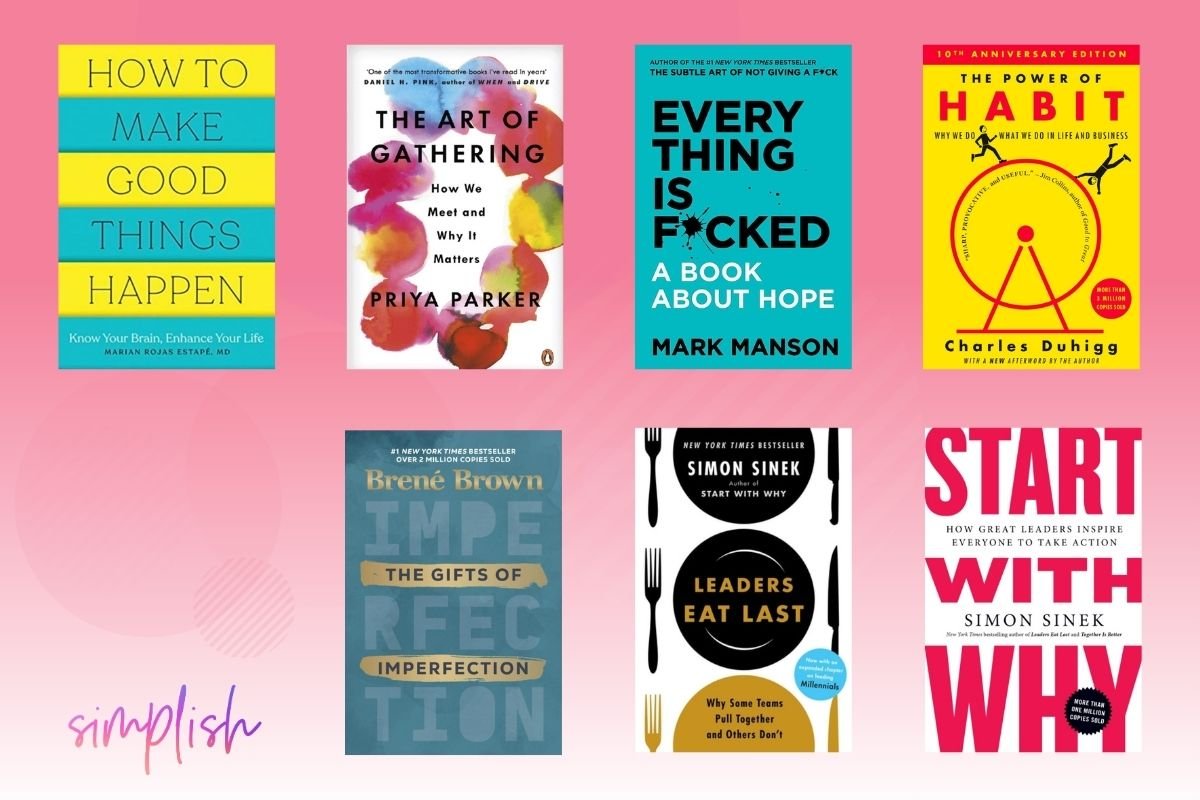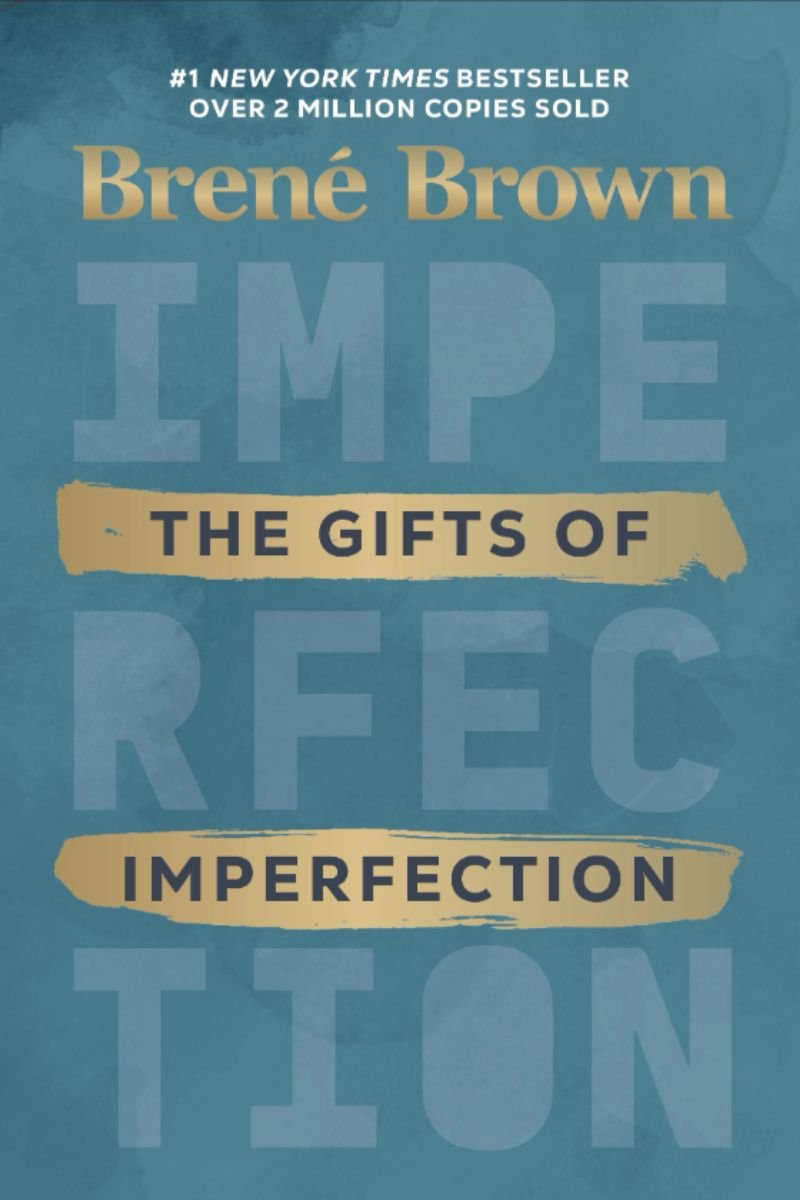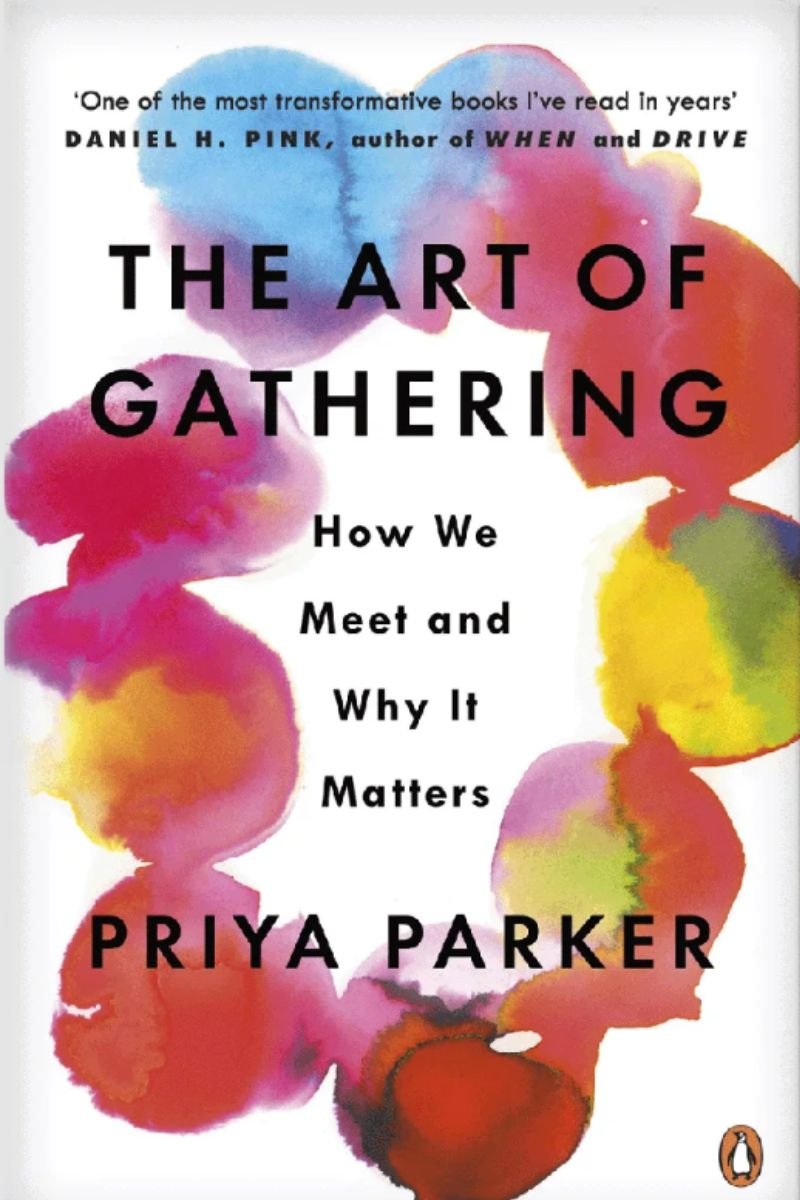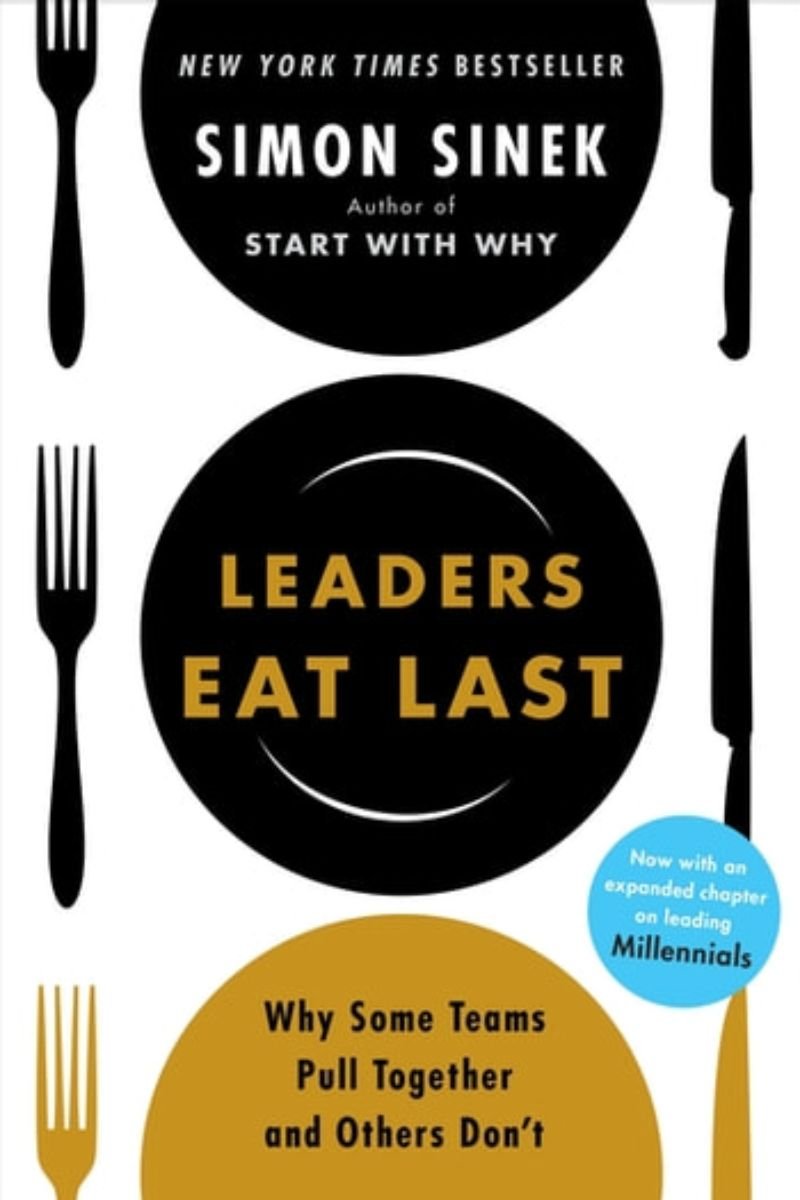The 7 Best Mindful Leadership Books
Working on your mindful leadership skills can be a game-changer, leading to a more aware and effective way of guiding teams. To become a great leader, mindfulness is key. For this reason, in this article, you’ll find some of our favorite successful leadership books. Together we'll embark on a captivating exploration of some exceptional authors that serve as guiding lights in the world of mindful leadership. These reviews aren't just summaries; they're gateways to unlocking leadership excellence and forming teams that redefine success.
1. Everything Is Fucked: A Book About Hope by Mark Manson
Spirituality
Read It If You…
Think books based on positive psychology are exhausting and overly simplistic.
Take your life-advice on the rocks with a chaser of strong language.
Are interested in a head-on approach to handling life’s shitstorms.
This is a self-help book for people who hate self-help books. Manson’s irreverent, occasionally sarcastic take on happiness comes across as deeply sincere in the words of an everyday dude figuring things out.
Genre: Self-Help
Vibe: Fuck the world! And stay hopeful while doing it.
Simplish Review of Everything Is Fucked: A Book About Hope
Have you ever wondered why, in our hyper-connected world where everything is just a click away, there seems to be more depression and anxiety than ever? Mark Manson's Everything Is F*cked: A Book About Hope explores this perplexing question and offers unconventional insights that challenge conventional ideas about happiness and hope.
If you're seeking answers to these pressing questions and a fresh perspective on navigating the complexities of our times, this book is a must-read.
The language and tone may be off-putting to some readers. Still, the practical wisdom and psychological insights offer valuable insights into navigating today's complex life circumstances.
The author delves into the core themes of hope, meaning, and happiness, offering a fresh perspective on how these concepts affect our daily lives. He acknowledges the undeniable presence of suffering and chaos in the world and encourages readers to confront these harsh realities rather than escape from them.
Everything is F*cked provides two major takeaways:
Insight on dealing with difficult emotions, setbacks and failure
A fresh perspective on the pursuit of happiness
Manson emphasizes the importance of striking a balance between emotions and actions, allowing both to play a role in decision-making. This challenges the conventional idea that emotions should be suppressed in favor of rationality.
Furthermore, Manson offers valuable insights into the pursuit of happiness and the role of hope in our lives. He argues that placing too much emphasis on external sources of happiness and relying on blind optimism can lead to disappointment and despair. Instead, he promotes a more balanced perspective on hope and happiness that recognizes the inevitability of suffering.
While the book is not without its controversies, Manson's belief in the inevitability of suffering cannot be overlooked. As a psychologist, I appreciate Manson's approach to this topic. He advocates embracing suffering rather than evading it and encourages careful consideration of the meaning we ascribe to it.
In essence, this book can help you by encouraging you to cultivate a more balanced approach to managing your emotions and making decisions while offering a refreshing perspective on happiness rooted in realism and resilience.
Manson's writing style, characterized by humor and profanity, may not resonate with everyone. However, it serves as a reflection of his message: we must confront the discomfort and absurdity of existence with a sense of humor and humility. From a psychological perspective, humor can be a powerful coping mechanism in the face of adversity, helping us navigate challenging emotions.
In summary, Everything Is F*cked: A Book About Hope is a thought-provoking read that dares to challenge conventional beliefs about happiness, hope, and meaning. It should be noted that the book contains some controversial statements, particularly concerning politics, religion, and social matters, which may not resonate with everyone. However, the author's insights on happiness and suffering are worth exploring and contemplating.








